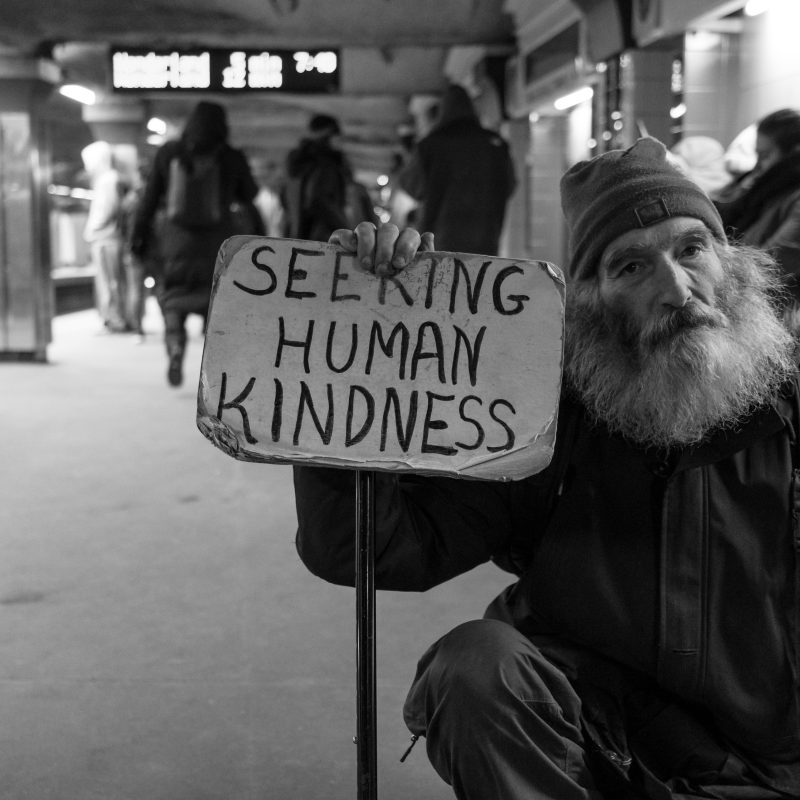There’s a bunch of industries that seem to have always been a little shady. You know thee kind of businesses that you don’t really like, but the only alternative is paying 3x more from an eco-store. Or maybe they’re the kind that leave you so disillusioned that you spend half your free time making your own, free of the things that harm people, the environment and the creatures that use them.
Dog food was like that for me. We’d grown up with my mum feeding our dogs out of a $1.50 can from the supermarket. It smelt terrible, but the dogs seemed to jump right in whenever it would slop into the bowl.
When our Cocker Spaniel Brandy started to get on in years, I started to look at the pet food industry. It was the vagueness of claims on the front of the packets that got me at first. Why were there seemingly 100’s of varieties when dogs eat pretty much anything, are routine-based and have clear nutritional requirements?
Down the rabbit hole I went, soon learning that dog food was unregulated, all of the brands were owned by overseas chocolate companies, and that they all worked together to essentially confuse us from knowing how their food was made, and what was in it.
So I took the leap. I didn’t know how I was going to make a better dog food. I’d never had any involvement from the industry before. But I knew that the food could be better, and I had this rough idea that my experience selling direct online and learning what people wanted would get the ball rolling.
Fortunately I met Doug, the business partner I was looking for and someone who would bring pet food experience to my idealism and marketing chops. Best of all – he completely aligned to the values that I wanted to see in a dog food brand.
We set about creating Scratch. It’s dog food you can feel good about. The simplest way of describing it is that it’s the opposite of the pet food industry. The world didn’t need more dog food. It needed better dog food, and all of us needed to find it easier to know whether it was any good.
So we built transparency & giving into our business from the get-go:
- We signed up for 1% for the Planet. It helps people know that at least 1% of revenue will be donated to high-impact environmental initiatives. Profit-based donations are commonly reduced in wage rises and financial investments.
- We did the B-Corporation assessments to learn all of the small decisions that add up to a fairer business with a lighter footprint.
- We became the first pet food brand in Australia to reveal every percentage of every ingredient, so you know how much of the good stuff is actually in your food.
- We started a conversation around how the pet industry goes about things and spoke to dog lovers about how it should be. We promised them that as we grew we’d improve the supply chain for everyone and ensure that meat and produce sourcing was more ethical, and better than just left-overs from the human food chain.
- We think altruistically about all elements of growth. For example instead of referring a friend and each getting a discount, we donate $20 to dog rescues for every pet parent that you recommend.
Here’s the thing about building giving into a business though. While I think it’s the right thing to do and vital for our future, only a small percentage of us are fortunate enough to be able to pay a tax for the greater good.
If our dog food was the same quality, but cost 10-20% more to be better for society, Scratch would only ever be a tiny little brand. Impact needs scale, so we designed a new business model that built giving into far superior food, better produce and more convenience.
By cutting out retail and selling direct from us to our customers, we are able to spend about 40% more on ingredients and sell for the same price. Our customers get better food, from people that they can talk too and ask questions, and dogs get healthier.
I don’t even think most people realise when they first buy Scratch how they’re contributing in various ways to a slightly better world. But whether they realise it or not, they’re helping the world move to a slightly more sustainable future.
– Mike

